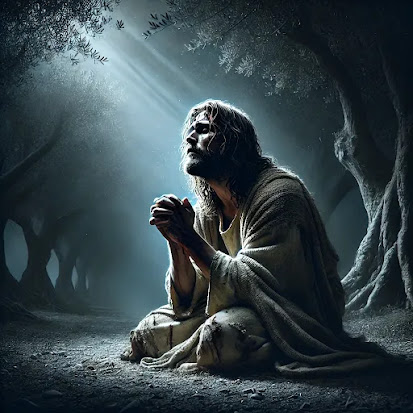In the Fourth Glorious Mystery, we contemplate the Assumption of Mary into Heaven in body and soul.
The Church believes that the Immaculate Virgin, preserved from all stain of original sin, at the end of her earthly life, was taken up body and soul into heavenly glory. The Assumption affirms that Mary's body was glorified after her death, a glorification anticipated by a special privilege. Mary's Assumption is a unique participation in the resurrection of her Son.
Commentary by St. Theodore the Studite
This most pure dove, although she has flown to the heavens, never ceases to protect this earth.
Meditation 1
On November 1, 1950, Pope Pius XII declared the Assumption of Mary, body and soul, into Heaven a dogma of faith. It is simply a logical conclusion: the body that gave birth to Jesus, held Him in her arms, and fed Him from her breasts, created by God without the stain of sin, could not be corrupted in the tomb. Mary was taken to Heaven to share in the glory of her Son.
Mary thus fulfills what St. Irenaeus said: "God became man so that man might become God”. The dream of Eve, who wished to be like God, is fulfilled; Mary achieved being like God by being the mother of God. Through her obedience, the intimate being of God's family is open to all of us. As Jesus said, "My mother and my brothers are those who hear the word of God and put it into practice."
Mary, the woman full of grace, conceived without sin, maintained a privileged relationship with the three Persons of the Holy Trinity, through the fidelity of her love and the complete fulfillment of God's will. She is the mother of the Church and the expression of a new humanity that welcomes the Gospel of Christ and follows Him on the path of the Beatitudes.
Meditation 2
Whether Dormition or Assumption, Mary goes to her Son, for she was always at His side. Like her, we too will be welcomed into Heaven, where Jesus, her Son, has gone to prepare a place for us. "You have made us for Yourself, O Lord, and our hearts are restless until they rest in You," said St. Augustine.
Our heart belongs to God, for it was created by Him. When we love creatures more than the Creator, we pervert our divine nature. It is like putting diesel in a car that runs on gasoline. When we fill our heart with material goods, it becomes a bottomless pit. Human love can never satisfy it completely; only God can. As St. Teresa of Avila said, "God alone suffices”.
In Mary's Assumption, we intuit the glorification that awaits the entire universe at the end of time, when "God will be all in all" (1 Cor 15:28). Mary is the symbol of the part of humanity that already has been redeemed, a figure of the "promised land" to which we are all called.
Therefore, since we have been raised with Christ, let us seek the things that are above, where Christ is, seated at the right hand of God (Col 3:1). We belong to Christ. There is no higher glory on earth, nor can there ever be. Like Him, we are guaranteed victory. We belong to Christ until death, as a popular hymn says.
Prayer
Holy Mary, Mother of God,
we contemplate you today,
taken up into Heaven in body and soul,
sharing in the glory of your Son, Jesus Christ.
You, who were conceived without sin,
teach us purity of heart and fidelity to God's will,
so that, like you, we may be living signs of divine love and grace.
O Mother of the Church,
intercede for us with your Son,
so that we may live with the same unwavering faith,
the same confident hope,
and the same generous love
that you demonstrated throughout your life.
That in difficulties and trials,
We may find in you an example of total surrender and obedience to God.
You, who were assumed into Heaven,
help us to always walk toward the things of Heaven,
where Christ awaits us, preparing a place for us with Him.
Guide our hearts to His eternal love,
and fill us with hope of the life to come that He has promised us.
Oh Virgin assumed into Heaven,
pray for us sinners,
so that one day we too may share in the heavenly glory
and live forever in God's presence.
Support us in every step of our journey,
and, with your example of humility and holiness,
lead us to the Kingdom of your Son. Amen.
Fr. Jorge Amaro. IMC


















